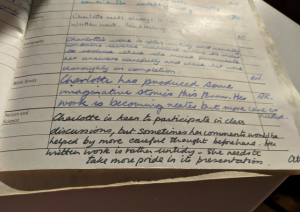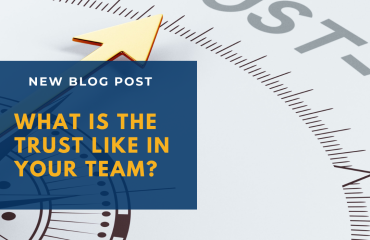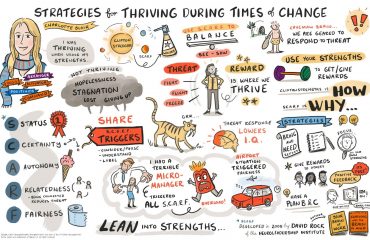
Have you ever felt like a square peg in a round hole?
I have. Often.
Especially in school, where being “different” wasn’t celebrated, they tried to correct it. I actually enjoyed school – but more for the social side (a Woo through and through) than the academics. I loved sport, French and Geography.
Maths and science, I just didn’t get it.
English, I got it….but it didn’t get me.
One of my clearest memories is being kept behind after school, often, to write ‘lines’. One time I had to write the word beautiful 100 times on the blackboard. I can still hear it in my head every time I write it:
B-E-A-U-tiful. Thanks, spelling trauma
Back then, I was labelled: careless, lazy and stupid. The humiliation of having test scores read aloud and always being at the bottom left its mark.
What no one realised then (including me) was that I wasn’t any of those things. I was dyslexic.
I was finally diagnosed at 14 along with my brother. He struggled with reading and writing, whereas my handwriting (the school had very high standards!) and reading were decent – but my spelling was…. creatively unique.
It’s why you now see on emails ‘#Made by Dyslexia – expect curious ideas and curious spelling’
What I’ve learned, years later, is that being a square peg isn’t a problem when you stop trying to squeeze into a round hole.
Dyslexia is misunderstood, under-supported and full of potential
Dyslexia affects 1 in 5 people – that’s 20% of the population. So many of us grow up thinking we’re stupid, lazy, or not trying hard enough.
For me, the turning point came when I discovered the book This is Dyslexia by Kate Griggs from Made by Dyslexia. I suddenly had the language to understand myself, make linkages to my strengths and more importantly, to explain myself.
It helped me recognise that my challenges weren’t flaws – they were part of a brain wired for imagination, creativity, and big-picture thinking.
According to Made by Dyslexia, 40% of entrepreneurs are dyslexic. A number that surprised me and makes total sense.
Because the workplace (and school) often rewards the people who fit the system. But innovation, strategy and leadership? Those come from people who see the world differently. Another reason why I love Strengths, we all see the world differently.
5 reasons dyslexics make brilliant entrepreneurs and assets to teams.
Dyslexic individuals possess traits crucial for innovation and problem-solving. With a fearless approach to challenging norms, exceptional communication skills, and resilience, we are poised to create positive change and contribute significantly to the world.
- Dyslexics think differently with heightened imagination
- We see the big picture and keep it simple
- We’re storytellers and explainers– why I love metaphors
- We’re passionate and curious
- We’re people people – team builders
What I was told was wrong is actually what’s right with me
With a bit of support, investment (shifting from talent to strength) and a good dose of self-awareness, what once felt like “flaws” are now the core of my professional toolkit:
- “Talks too much” ? That’s Communication and Woo – now the heart of my coaching, facilitation and speaking.
- “Poor attention to detail” ? That’s Activator and Maximizer – I move fast and focus on what matters most.
- “Asks too many questions and challenges” ? That’s Command and Self-Assurance – two of the least common Strengths, and two that help me challenge the status quo and lead with confidence.
When I discovered CliftonStrengths in 2009, it gave me the words I didn’t know I needed. It helped me understand that I had value – even if the school system didn’t recognise it. Now don’t get me wrong, these talents can still get me in trouble, it’s not called ‘Excuse finder’ but hey as humans we are all works in progress.
Where else might people feel like square pegs?
It’s not just about school.
Many of us – dyslexic or not – still feel like square pegs in workplaces, communities or cultures. Maybe you’ve felt this too:
- When tight-knit cliques form (hello, Relators) and you feel left out
- When your bold, direct feedback (Command, Strategic, Analytical) is misread as too harsh
- When you prefer quiet reflection (Intellection), but the loudest voices get all the airtime
- When your Ideation is dismissed as “scattered”
- When your Analytical thinking feels unwelcome in a highly emotional culture or visa versa
- When your way of learning or thinking isn’t the “default” – so you hide it, or mask
If you’re feeling the strain of trying to fit, maybe it’s time to speak up – not shape-shift.
Whether you’re dyslexic, neurodivergent, or just someone who’s felt different – here are a few things that have helped me, and might help you or your clients too:
1.Spot the strengths – even in the shadows
What’s seen as “too much” might actually be your edge. Revisit your Strengths report and ask: What’s the gift here? – tip, see the PS at the bottom of this email.
2.Reframe the feedback
Labels like “disruptive” or “lazy” don’t reflect the whole picture. They’re often missed opportunities for seeing potential in a different light.
3.Share your story
It takes courage, but vulnerability builds trust. You never know who needs to hear that they’re not alone.
4.Build partnerships that balance you
Strengths aren’t about doing everything yourself. They’re about knowing what you bring –and finding partners who complement you.
5.Support others who don’t fit the mould
Especially the kids, colleagues or clients who are masking, burning out, or being overlooked. Ask what do you need to thrive? Not why can’t you just do it this way?
Fitting in is overrated.
Belonging is better.
And belonging starts with owning what makes us different– not fixing it.
So if you’ve ever felt like the square peg on the round hole, maybe it’s time to stop trying to fit – and start reshaping the system.





